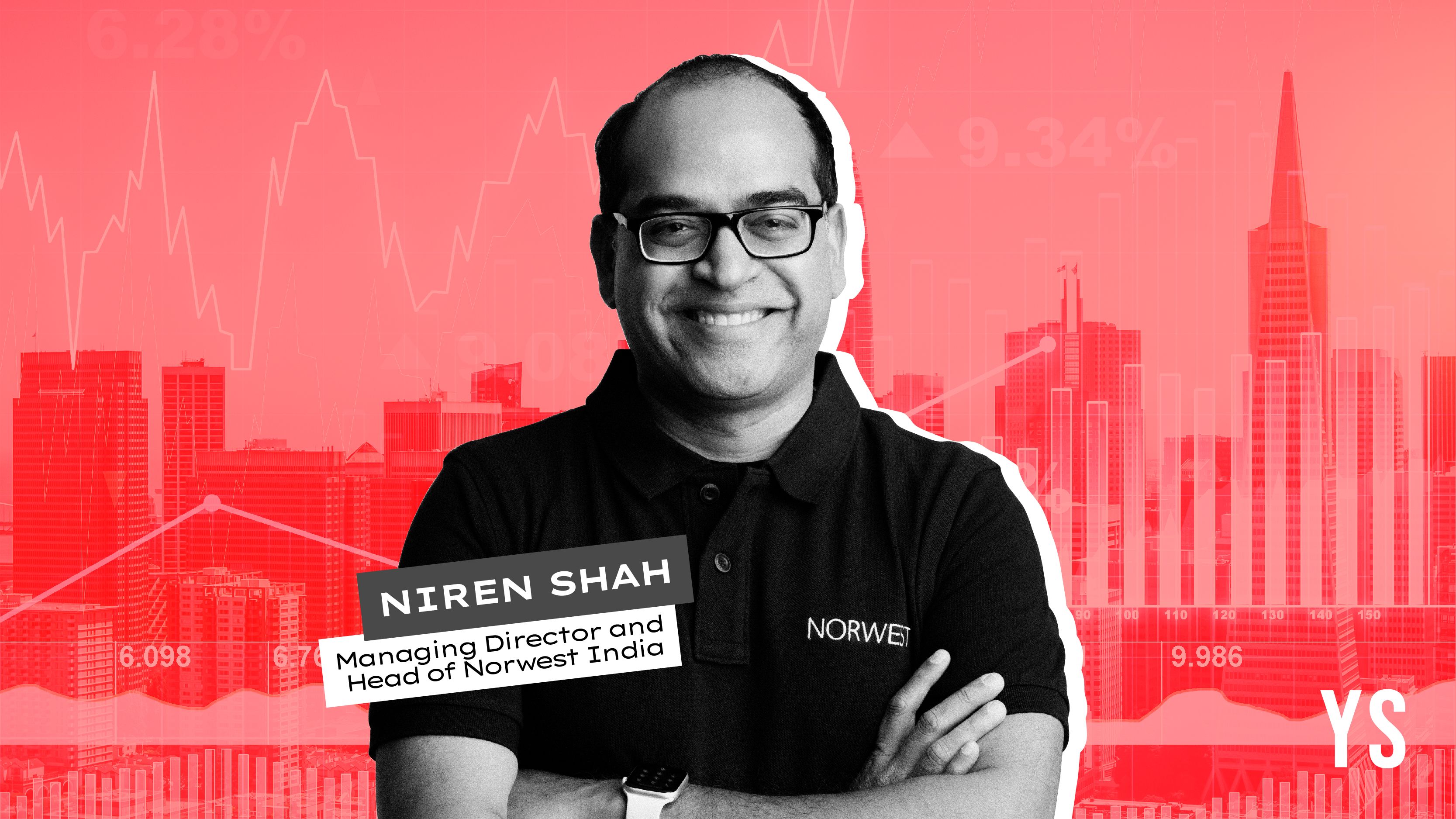With $75M in fresh funds, venture capital firm Romulus Capital enters India
On Wednesday, seed stage venture capital fund Romulus Capital announced closing its third fund of over $75 million in commitments.

According to the founder, Krishna Gupta (28), the funds were raised from investors in 15 countries, including royal families from the Middle East, conglomerates from Asia, and individuals with strong ties to the Massachusetts Institute of Technology (MIT).

Started in 2008 in Krishna’s dorm room, the idea was to create a fund that can help build companies rather than just making it a lottery business by investing in them. Krishna further tells YourStory that the fund has grown from $850,000 to $150 million in the last four years. He believes that the DNA of the firm is still focused on ‘building’ rather than just ‘betting’.
What really excites the partners of the fund is technology innovation in old-fashioned verticals like real estate etc and research driven technology companies in fields of Machine Learning (ML) and Artificial Intelligence (AI). Their portfolio also holds vertical SaaS based software companies.
The firm will continue to invest in these sectors with the new fund. They are planning to invest in as many as 20 new startups while looking to fuel their investments further in India. They are looking to invest in three to four Indian startups in the next 18 months. As of now, the firm claims to have 30 startups as a part of its investment portfolio.
Krishna mentions that the fund likes to lead the rounds rather than just following.
So what stopped them from investing in India, until now?
The founders say that they purposefully stayed away from investing in the subcontinent. This is because valuations of Indian startups, in the past was unrealistically high with the boom being majorly around e-commerce. However, they feel that there has been some rationalisation in the ecosystem, bringing a lot more maturity, with entrepreneurs not making the same mistakes which were made earlier.
Last month, they have also invested in Indian bio-tech startup Vyome Biosciences with $2 million funding.
What do they look at?
Romulus Capital invests close to $100,000 to $150,000 at the seed stage and up to $5-6 million for series A. At the seed stage, the fund looks at potential scalability of the product, along with market validation and assessing a startup based on customer pilots. Furthermore, at Series A, the fund seeks an evolved product, seeking for the right product market fit.
Although, all their investments are technology focused, Krishna says that they don’t invest in super-futuristic technologies like Virtual Reality and Augmented Reality. They rather seek technologies which are upcoming and has the right market to grow.
The fund also does not invest in B2C companies, especially with crowded markets as they are capital intensive, which is of less interest for Romulus, since they are a smaller fund. Hence ‘B2B technology’ becomes their primary choice. However, Romulus has B2C startups in their portfolio including names like Classpass and Fitocracy.
Krishna tells us
Over eight years we have become careful about whom we are investing in. We steer clear startups which are over-funded, since it destroys company culture. Over time we have come to realise that founders and cultures matter a lot, and hence focus on investing in startups which are lean and strapping with a complimentary founding team. Luckily, we have not made any major mistakes during our journey, as of now.
But how does Romulus help in building companies?

Krishna says that the fund itself has an entrepreneurial DNA. They spend a lot of time with the founding team, helping them find the customers, negotiate contracts and running pilots. Being well-networked, the venture fund also helps these startups hire the right talent, mentoring them to even raise funds in the future. For Krishna, Romulus enters pretty much like a team member. While advising, he says
“We want entrepreneurs to stay focused on their businesses and avoid the charm of raising more money. We don’t want them to fall for big fat cheques, rather want them to focus on knowing their industry and understanding their competition.”
Being a team of five members, Krishna is helped by his other partner Neil Chhedda. After his under-graduation from Yale University, Neil is completing his masters from Harvard Business School. He is a part of the Romulus Fund since 2012.
According to the fund, one-third of their portfolio companies from Romulus’ first fund will have greater than $15 million in revenue this year.
Both Krishna and Neil have also been named the Forbes 30 under 30 in the Venture Capital list.
The Big Indian funding scene
Q1 of 2016 saw about $97.9 million being invested in 236 pre-Series A stage startups, according to data from YourStory research. To give some perspective, there were only 31 Series-A deals (worth $133 million), 11 Series-B deals (worth $76 million) and 29 late-stage deals that took place last quarter.
In December, it was reported that early-stage deals were booming in India, with pre-Series A dominating funding in the last two months of 2015. In December, there were 60 pre-Series A deals announced, with only 11 Series-A deals closed.
This makes it a perfect time for seed stage fund Romulus Capital to foray into the Indian market.
Website: www.romuluscap.com








1560854527902.jpg)

![[Funding alert] BAce Capital leads $7.5M Series B round in Lido Learning](https://images.yourstory.com/cs/2/730b50702d6c11e9aa979329348d4c3e/Image31sk-1585233224215.jpg)
